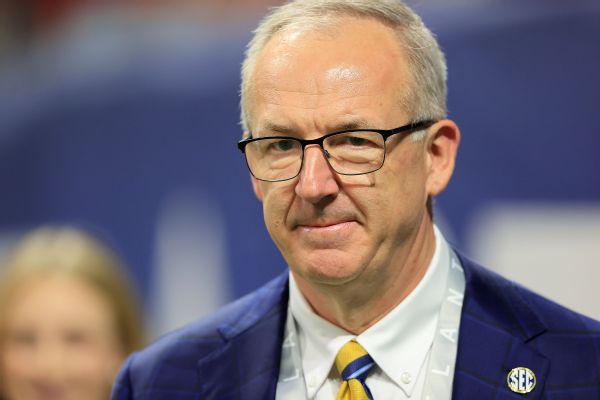![cricket:image:1431828 [900x506]](https://a.espncdn.com/i/cricket/cricinfo/1431828_900x506.jpg)
Rory less confident PGA Tour LIV near merger
Mervyn King, who spent a decade working as the governor of the Bank of England, will take over from Mark Nicholas as president of Marylebone Cricket Club (MCC). Nicholas has been recommended to the club's committee to take over as chair when his tenure ends in October, when King will replace him.
"It is an extraordinary honour to be asked by our current president to serve as the next president of MCC," King, who entered the House of Lords after his appointment as a life peer in 2014, said. "I look forward to serving the club and to promote the interests of our members and of the game so many of us love."
King and Nicholas were co-founders of the charity Chance to Shine in 2005, which works with around 600,000 children and young adults every year and aims to "reinvigorate" state-school cricket. King also served as president of Worcestershire in 2015 and 2016, describing his election to the role as "one of the proudest moments of my life".
Nicholas said: "Together we founded Chance to Shine in 2005. Since then, more than six million children, who would most likely not have played cricket have had the chance to do so. This makes us both so very proud. I can't wait to stand alongside him again.
"There are few better people to fulfil the role of MCC president. Mervyn's love of cricket knows no boundary; indeed, his love of sport extends to an equally enthusiastic enjoyment of both football and tennis.
"His calm authority and considerable wisdom carried the country through the global financial crisis of 2008 and now I feel sure that he will bring the MCC membership with him through a time of great interest and opportunity at the club."
King's appointment comes at a time when MCC's role in English cricket is changing. The club is likely to be given a 51% equity stake in London Spirit, the Hundred team which plays at Lord's, by the ECB if current proposals to open the tournament up to private investment are approved by the first-class counties.













